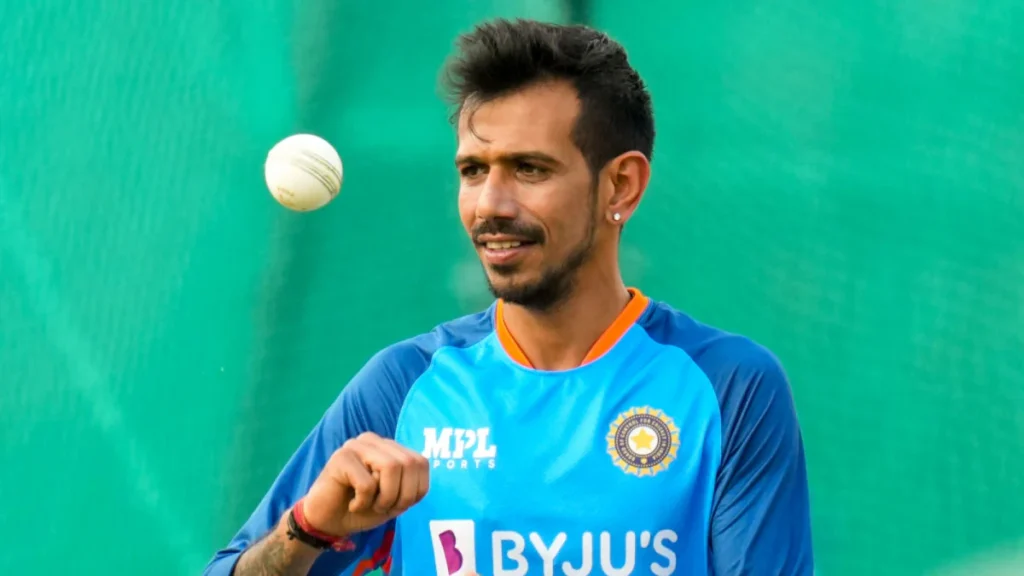Indian cricketer Yuzvendra Chahal and dance-choreographer Dhanashree Verma have finally dissolved their three-year-old marriage, and their divorce was sanctioned by the Mumbai family court on Thursday. As part of the settlement, Chahal will give ₹4.75 crore as alimony, fuelling prenuptial agreement discussions in India.

Would a prenup have made things simpler? Do prenuptial agreements have legal standing in India? And what are prenuptial agreement alternatives? Let’s get personal and intimate.
Are Prenuptial Agreements Legal in India?
India does not recognize prenups per se as legally enforceable in full, except in the state of Goa, where the Portuguese Civil Code is in force. Indian courts tend to find such agreements to be against public policy and therefore unenforceable.
But the law is changing:
✅ Recently, the Mumbai family court has sanctioned a prenup, acknowledging its role to minimize conflict.
✅ A court in Delhi suggested prenups should be compulsory, referring to their function to facilitate divorces.
Although prenups remain in limbo, their worth is less easy to disavow these days—especially in high-net-worth cases like Chahal’s.

Why Are Prenups in India Under Fire?
1. Money Clarity in Divorce
A prenup sets ownership, alimony, and property division, eliminating lengthy, costly court proceedings.
2. Maintenance of Joint Family Property
For family-owned business and inheritors, prenups ensure the property remains with the family.
3. Shunning Long Court Wars
By defining alimony and property division beforehand, prenups can hasten divorce settlements and reduce disputes.
But there are problems:
❌ Legal Uncertainty – Indian courts don’t always enforce prenups.
❌ Social Stigma – Most people think prenups are against the spirit of marriage and undermine trust.
❌ Potentially Unfair Terms – Courts have the ability to invalidate prenups that are unfair to one spouse.
Alternatives to Prenuptial Agreements in India
Since the prenup may not necessarily be legally enforceable, the couple can exploit these options:

✅ Postnuptial Agreements – These are agreed after marriage and legally can be enforced under the Indian Contract Act in case the two spouses agree amongst themselves.
✅ Trusts – Rich people are able to put assets in trusts, keeping them out of marital property.
✅ Wills & Estate Planning – Ensures property is transferred as per personal wishes, especially where there are complex families.
✅ Marital Property Agreements – Clarifies money rights within marriage, avoiding confusion in the event of divorce.
Final Verdict:
Would a Prenup Have Saved Chahal’s ₹4.75 Crore Settlement? If the prenup were legally binding, it could have included provisions for alimony payments, which could have reduced the amount of the settlement. But since the legal position regarding prenups is unclear in India, Chahal would have still required court approval anyway. With such celebrity divorces dominating the headlines, will India ever accept prenuptial agreements? Only time will tell.
What’s Your Opinion? Should prenups be made legal in India in order to ease divorce settlements? Or do they lower the dignity of marriage? Let us hear your opinions in the comments!








